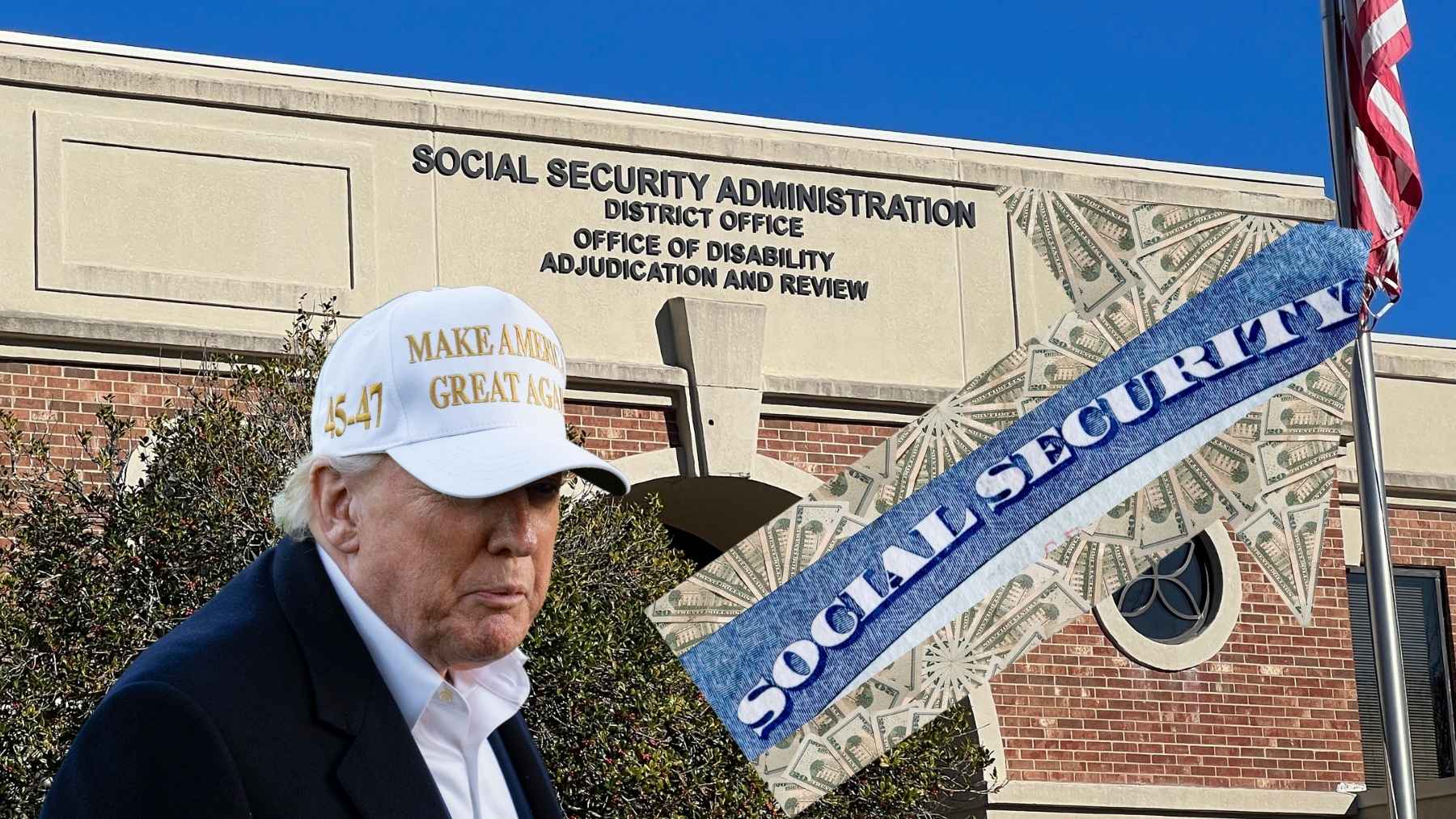The Social Security Administration (SSA) has seen significant changes in its first 100 days under President Donald Trump. Many officials stated that the changes were meant to improve efficiency, mitigate fraud and modernise outdated systems. Even though there is some progress, many critics argue that these changes could affect the vulnerable populations.
Big Claims, Big Changes
According to the SSA, the agency has made notable strides in a short time, highlighting 13 major accomplishments since January. These include faster processing of retroactive benefits under the Social Security Fairness Act, improved fraud detection, updated death records, and efforts to modernize customer service.
One of the biggest changes people are actually seeing in their wallets is the back pay rollout for retirees hit by the now-repealed benefit cutbacks. So far, over $14.8 billion has gone out to more than 2.2 million people. Before, folks were told it could take up to a year to get what they were owed, but under the new leadership and with pressure from Trump’s Department of Government Efficiency (DOGE), speeding things up became a top priority
Restructuring the Workforce
Alongside these operational changes, the SSA has undergone a major internal shake-up. Over 3,000 employees have left the agency, and another 2,000 have been reassigned to higher-need locations.
While SSA leadership insists these changes will streamline operations and focus resources on frontline public service, former officials and advocacy groups have voiced serious concerns. Critics argue that cutting staff could ultimately slow down the very services the agency claims to be improving.
Fraud Prevention and Phone Policy Rollbacks
Another area of focus has been fraud prevention, especially for claims made over the phone. The SSA introduced new tools to flag suspicious activity, this was meant to reduce over-the-phone claims processing.
That initial proposal was met with immediate backlash, and the SSA eventually went back on it. Now, phone services will only be restricted for people flagged by the system, while the rest of the public can continue using telephone services as usual.
Cleaning Up the Records
The SSA also announced progress on updating its death records, an effort prompted by claims from Elon Musk, who is heading up the DOGE initiative. Musk suggested that millions of deceased Americans might still be on the SSA’s books. Although the SSA clarified that many of the records in question belonged to people not actively receiving benefits, it acknowledged that a cleanup was long overdue.
Criticism and Legal Challenges
Not everyone is applauding the agency’s direction. Several Democratic lawmakers, former SSA officials, and advocacy groups have raised alarms about the potential downsides of these changes.
Martin O’Malley, who led the SSA under President Biden, has been especially vocal. He warned that widespread staffing cuts and DOGE involvement could lead to service breakdowns and delays in delivering benefits. In his words, these actions “could cascade into a collapse of the entire system.”
Legal pushback is already underway. A federal judge recently stepped in with an injunction that bars DOGE from getting into the SSA’s sensitive data systems. That means DOGE staff can’t access Social Security numbers, medical records, or banking information.
What’s Next?
Leland Dudek, acting SSA commissioner, has stood by the changes, calling them necessary steps to rebuild trust and efficiency in the system. He praised agency staff for stepping up during a period of major change and said the SSA remains committed to protecting taxpayer dollars and serving the public.
But Dudek’s time may be limited. President Trump’s nominee to permanently lead the agency, Frank Bisignano, has already cleared a Senate committee vote by a narrow margin. A full Senate vote is expected soon.

